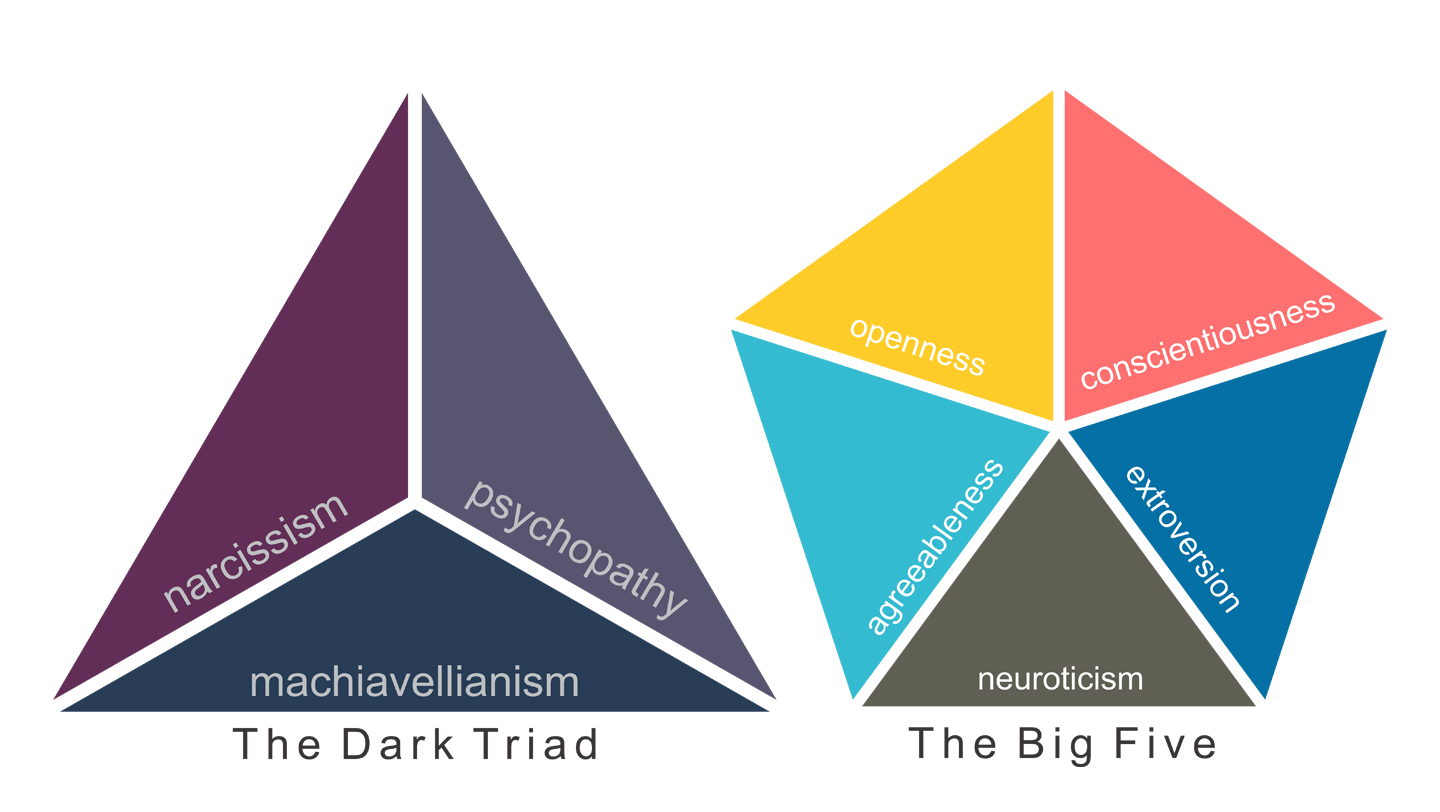First published 18 April 2018
- ‘Dark Triad’ & ‘Big Five’ personality traits influence income
- Narcissism & neuroticism partially explain gender pay differences
- Psychopathic, narcissistic & extroverted personalities report higher income
- Emotionally stable & conscientious personalities also report higher income
These are findings in an exploratory study into whether a possible association between personality traits and differences in earnings could shed some light on the enduring gender ‘pay gap’.

The study’s co-researcher QUT Business School’s Professor Peter O’Connor said the study investigated the association between personality traits often dubbed the ‘Dark Triad’, and the ‘Big Five’ with earnings among 533 Australian volunteers, 47 per cent of whom were women.
“We investigated whether personality traits known to be associated with gender were also associated with earnings to broaden the traditional explanation that women are attracted to ‘caring’ careers which are lower paid than the ones men are typically found in,” Professor O’Connor said.
“We looked at the ‘Dark Triad’ of personality traits: narcissism, psychopathy and Machiavellianism. We also tested our volunteers on the Big Five personality traits.
“Everyone has some measure of these five basic traits: openness, conscientiousness, extroversion, agreeableness and neuroticism.”
The study found personality traits accounted for 4 per cent more variance in income than gender alone.
“Those who were extroverted, psychopathic, narcissistic, emotionally stable, or conscientious reported more income,” Professor O’Connor said.
“Narcissism and neuroticism in particular could explain a substantial portion of gender differences in self-reported income.
“This means that while high narcissism and low neuroticism are beneficial for both men and women, it seems that men earn more money than women, in part, because they are typically higher in narcissism and lower in neuroticism.
“We think these traits may influence the difference in earnings between men and women. For example, narcissism may enable the prestige-seeking behaviour that could account for sex differences in income.
“It could also lead to more aggressive pay negotiation at the commencement of employment.
“Alternatively, high neuroticism and agreeableness in women may relegate them to lower paying jobs than these traits do for men.
“Others’ research has shown that women, who tend to score more highly in measures of neuroticism and agreeableness than men do, often gravitate towards ‘people-oriented’ jobs, which are low in pay.”
Professor O’Connor said the exploratory study’s finding of a positive association between personality traits and income suggested future research into the specific behaviours associated with these traits was needed.
“Our finding that the same sets of traits are generally beneficial for both men and women is important because it suggests that both men and women could benefit from the same set of behaviours.
“Unfortunately women are not engaging in these behaviours as often as men, but when they do, they appear to benefit in a similar way.”
The study, The role of personality in individual differences in yearly earnings, was published in Personality and Individual Differences. Professor O’Connor conducted the study with Dr Peter Jonason, Monica Koehn, and Ceylan Okan from Western Sydney University.
QUT Media contacts:
Niki Widdowson, (07) 3138 2999 or n.widdowson@qut.edu.au
After hours: Rose Trapnell, 0407 585 901 or media@qut.edu.au.



